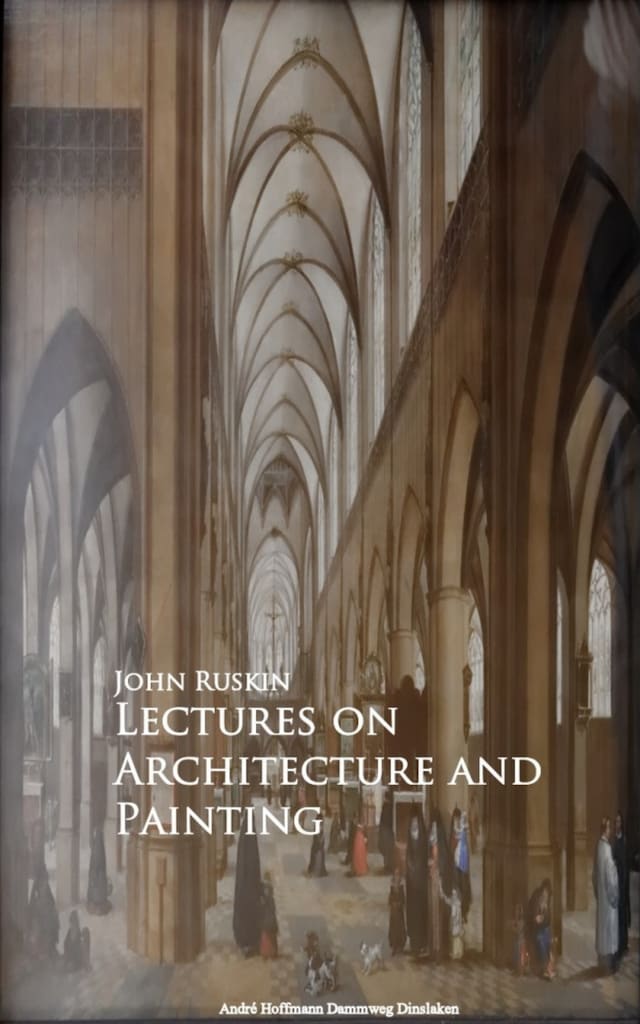
Lectures on Architecture and Painting
Tietoa kirjasta
The following Lectures are printed, as far as possible, just as they were delivered. Here and there a sentence which seemed obscure has been mended, and the passages which had not been previously written, have been, of course imperfectly, supplied from memory. But I am well assured that nothing of any substantial importance which was said in the lecture-room, is either omitted, or altered in its signification; with the exception only of a few sentences struck out from the notice of the works of Turner, in consequence of the impossibility of engraving the drawings by which they were illustrated, except at a cost which would have too much raised the price of the volume. Some elucidatory remarks have, however, been added at the close of the second and fourth Lectures, which I hope may be of more use than the passages which I was obliged to omit.
The drawings by which the Lectures on Architecture were illustrated have been carefully reduced, and well transferred to wood by Mr. Thurston Thompson. Those which were given in the course of the notices of schools of painting could not be so transferred, having been drawn in color; and I have therefore merely had a few lines, absolutely necessary to make the text intelligible, copied from engravings.
I forgot, in preparing the second Lecture for the press, to quote a passage from Lord Lindsay's "Christian Art," illustrative of what is said in that lecture (§ 52), respecting the energy of the mediæval republics. This passage, describing the circumstances under which the Campanile of the Duomo of Florence was built, is interesting also as noticing the universality of talent which was required of architects; and which, as I have asserted in the Addenda (§ 60), always ought to be required of them. I do not, however, now regret [vi] the omission, as I cannot easily imagine a better preface to an essay on civil architecture than this simple statement.
 John Ruskin
John Ruskin 163 Sivua
163 Sivua